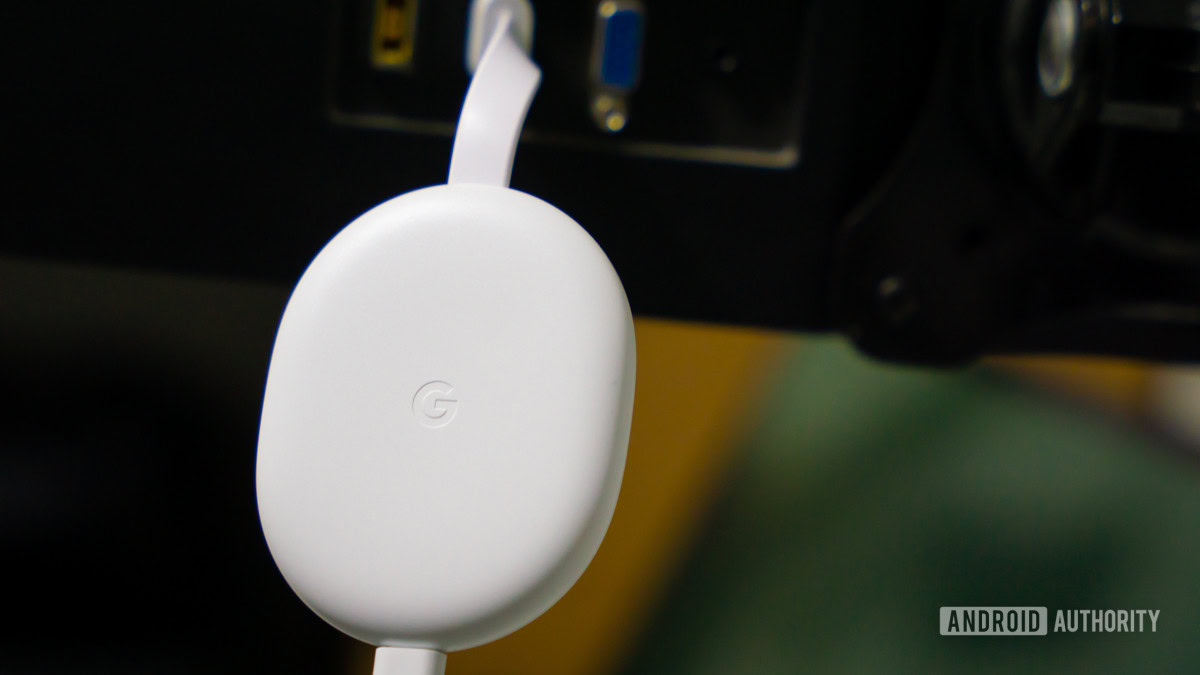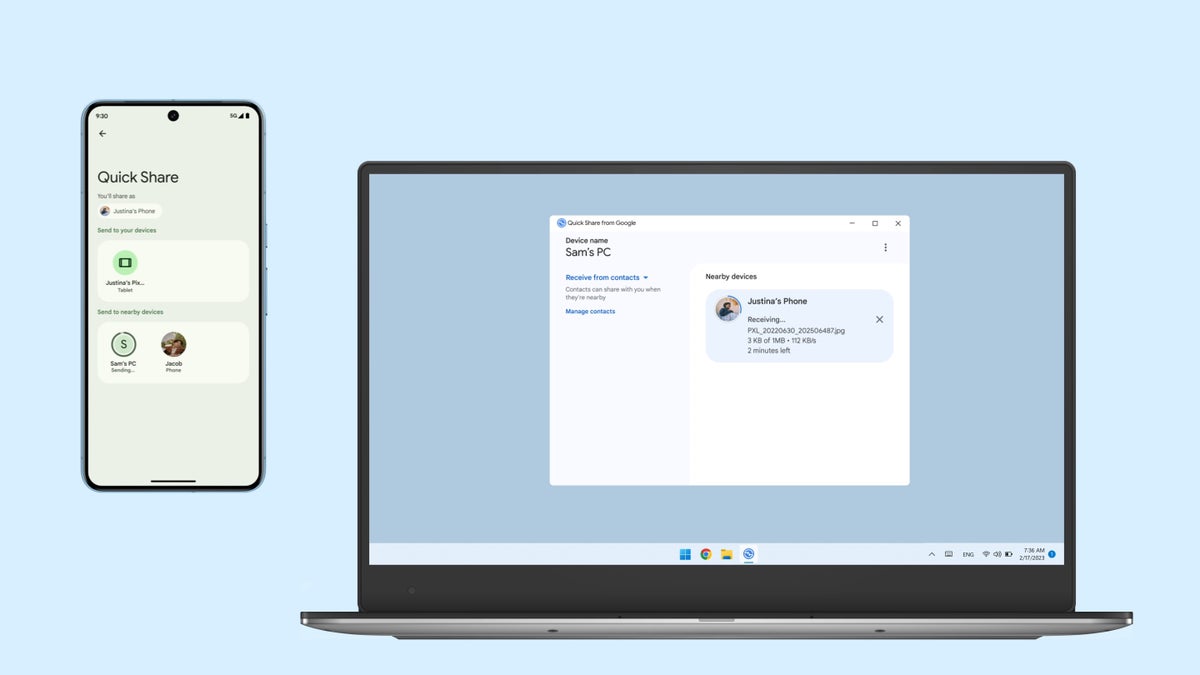Amazon Launches 27 Satellites as Part of Project Kuiper to Compete with Starlink

On Monday night, Amazon made significant strides in its satellite broadband initiative by successfully launching 27 low-Earth orbit satellites. This mission is a crucial component of Project Kuiper, which aims to provide much-needed satellite internet services to users around the globe, positioning itself as a direct competitor to Elon Musk's Starlink.
The launch, designated as KA-01 or Kuiper Atlas 1, utilized a United Launch Alliance Atlas V rocket, which took off from Cape Canaveral Space Force Station in Florida. This event marks a pivotal moment for Amazon, as it continues to push forward in the competitive arena of satellite internet.
If you missed the launch, don't worry! The entire event is available for viewing on the projects official mission page or on YouTube, allowing tech enthusiasts and the general public to catch up on this monumental occasion.
Originally scheduled for April 9, the launch date was postponed due to unfavorable weather conditions. United Launch Alliance noted, "Weather is observed and forecast NO GO for liftoff within the remaining launch window at Cape Canaveral," citing persistent winds and troublesome cumulus clouds as the primary reasons for the delay.
Amazon's launch is a major leap forward for Project Kuiper, which the company unveiled in 2019, pledging an estimated $10 billion investment. This ambitious project aims to deploy approximately 3,200 satellites over a total of 80 launches. By this year, Amazon plans to begin offering internet service, directly challenging SpaceX's Starlink, which currently operates around 7,000 satellites in orbit.
The evolving landscape of satellite internet service providers is becoming increasingly competitive. Beyond Amazon and SpaceX, other key players include Viasat, HughesNet, Eutelsat, and China's SpaceSail. This burgeoning competition is particularly promising for users living in remote and rural areas where traditional broadband options have historically been limited. The introduction of more satellite internet services could lead to faster, more affordable internet access in these underserved locations, although the eventual impact on consumer pricing and service quality remains to be seen.
Mahdi Eslamimehr, executive vice president at Quandary Peak Research and an adjunct professor at the University of Southern California's Department of Computer Science, shared insights on Amazon's competitive positioning. He stated, "Amazon has made extensive launch agreements with major providers such as ULA, Arianespace, Blue Origin, and even SpaceX itself, positioning Kuiper as a major challenger due to its expansive infrastructure and significant resources." Eslamimehr highlighted that despite Starlink's current market leadership, Amazon's well-capitalized and strategically agile approach could significantly alter the competitive dynamics in the near future.
While Amazon's satellite efforts have shown promise in prototype stages, the company is also experimenting with Amazon Web Services in space, which has added to its credibility in this new venture. Eslamimehr emphasized that these advancements reflect a robust entry for Amazon into the satellite internet market and indicate positive early momentum in its broader space strategy.
Importantly, Project Kuiper is not only about competing with existing services; it is also positioned as a critical initiative aimed at addressing the global digital divide. The project's ultimate goal is to deliver high-speed internet access to underserved communities worldwide, making a meaningful impact on connectivity and access to information.
Correction, April 4: An earlier version of this story misspelled the name of the USC professor and Quandary Peak Research executive vice president. His name is Mahdi Eslamimehr.



























